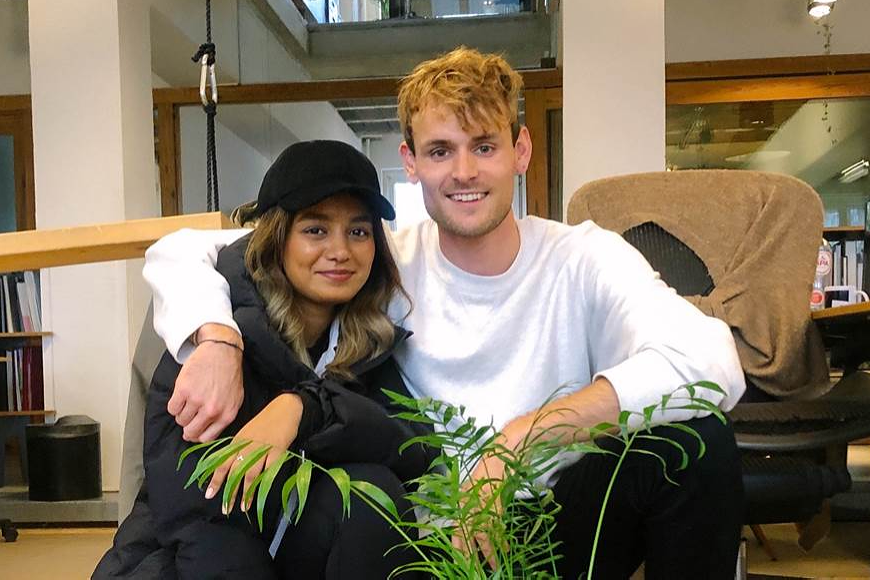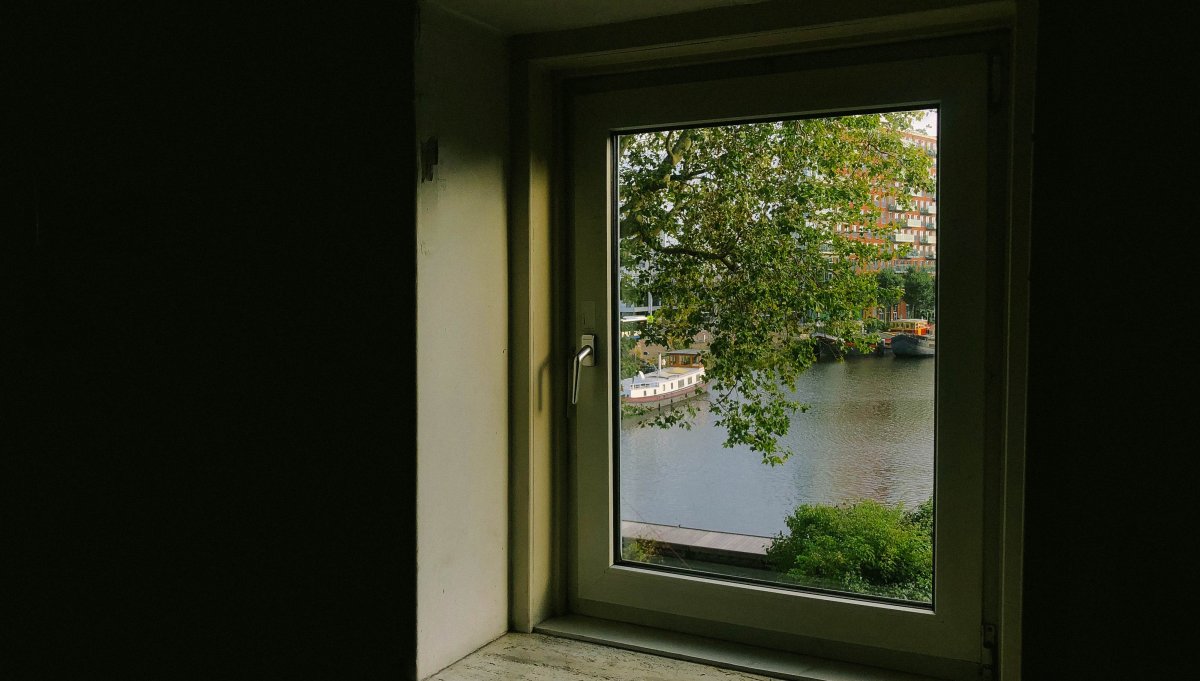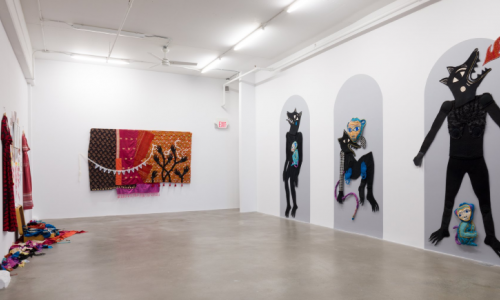
Every student knows the struggle of going through interview after interview, in pursuit of an internship. And when you finally land one, a huge weight gets lifted off your shoulder but you still can’t shake off the feeling of “why me?”. These were my exact sentiments when I got offered an internship at the design agency Edenspiekermann in Amsterdam. As this was my first UX internship, I anticipated a huge learning curve, albeit unforeseeable challenges. From day 1, I became aware of how much the real-world practice differed from what you’re taught in class. Reflecting on my internship, here are some of the key lessons that I’m taking away from my experience.
Learn To Make Decisions For Yourself
You’ve all heard of the saying “there are no stupid questions”, while novice designers are graciously entitled to this benefit, I became notorious for asking a few too many questions (no shame admitting this). Whenever I found myself flustered in my thought process, I would default to asking the design lead or my mentor for feedback. It became clear to me the reason for this behaviour was because I was concerned about how people would receive my work. As a result, seeking validation from colleagues held me back from taking ownership of my work. What I believed to think was avoiding mistakes, actually hindered me from being introspective and growing as a designer. One tactic that I found helpful in addressing this instinctive behaviour, was giving myself time (~10 minutes) to let my questions simmer, before seeking help. Usually, this buffer period afforded me a breather from my convoluted thoughts. Revisiting where I left off then helped me see my work with a different lens, giving me a more rounded perspective of the issue at hand.
Learn To Be Proactive
As this was my first internship, I wasn’t 100% sure of what a mentor-mentee relationship entailed. I was aware that a mentor’s general goal is to foster an environment that accelerates professional and personal growth. I was extremely lucky to have a mentor who was very nurturing and challenged me to be a better designer. However, I fell into the trap of expecting him to tell me what needed to be done, and when. I soon came to realize that there isn’t a step by step guide to how things are done. An internship is an opportunity for you to take ownership of your work, fuel self-driven growth, and show results to your employer, in any scale possible. Understandably, this takes a lot of time, confidence and the courage to be vulnerable and to put yourself out there. As an intern, there are no expectations besides performing to the best of your abilities.

This lesson was a curveball and one that I found the most challenging. I became aware of how much a designer’s rhetoric depends on how you present, communicate and negotiate your design decisions. While designing screens and strategizing took up 50% of my time, I would spend the other 50% trying to effectively communicate with other designers, developers, and clients. I realized that a designer’s responsibilities don’t just live within the confines of the Sketch file. Reframing your narrative for your audience challenges you to foresee how your work will be received. A suggestion my mentor gave me was to do a dry run of my presentations to refine and make a persuasive flow. It’s helpful to voice out your thoughts to visualize where there may be gaps in your logic. This way, you leave your audience with little room for misinterpretation or doubts. Anticipating your audiences’ response also helps you make thoughtful design decisions — helping you consider scenarios that you may not have necessarily thought of.
While my internship at Edenspiekermann lasted only 3 months, my learnings and takeaways have been immensely invaluable and cannot be quantified. I believe that true learning happens when you least expect it - when your assumptions are challenged and you get thrown right into it. It’s a valuable experience to analyze your thought process and reflect on your instincts, to help you understand how you receive and respond to your environment.














